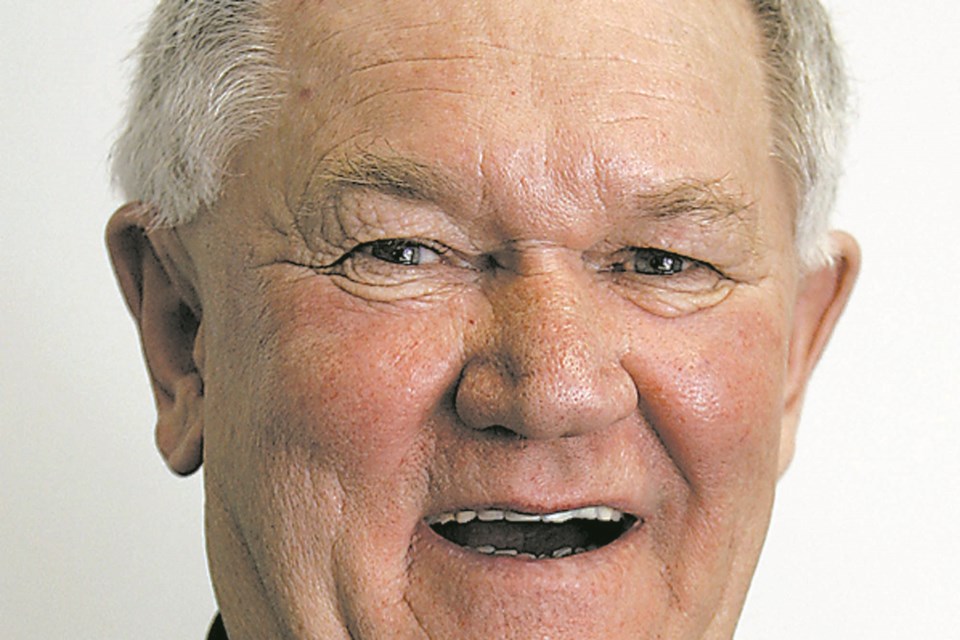“Canada is a country that is further divided.”
– Andrew Scheer
A look at the results of Monday's election map of Canada is at first glance a sea of blue. We have a huge bloc (pun intended) of pale blue covering most of Québec and an expanse of dark blue covering Alberta, Saskatchewan, over half of British Columbia, the populace in southern Manitoba and parts of Ontario other than the more populous urban centres. But on closer examination, it’s a little scary!
The Liberals in red have captured the heavily populated Toronto metro areas, all of the north and have retained the majority of seats in the Atlantic provinces. The real scary part is the rise of the separatist Bloc Québecois with a very clear mandate to look out only for the interests of Québec. That is juxtaposed with the concentration of Conservative votes in Alberta and Saskatchewan, both who have expressed considerable disagreement with the former Liberal government. What might be even more concerning is that despite having received only a minority of the seats in the House of Commons, all of the other minor parties are aligned against the economic engine of Canada which lies within that western sea of dark blue.
The big question is: What will happen to the TransMountain pipeline? On the surface, this question should not pose a problem, since it has already been given the green (note that that is not a capital Green) light by the former Liberal government and Justin Trudeau has affirmed that it will go ahead. The only potential problem is that if it is still mired in legal challenges, it is questionable whether the Prime Minister is really committed to fighting this battle in the courts. Hopefully with the $4.1-billion-dollar investment already committed, plus the interest in participating in the project by a large number of Indigenous groups, Trudeau’s assurance is firm.
Fortunately, Trudeau has resolved not to align the government with any single opposition party but rather to deal with legislating on an issue-by-issue basis. No single party is anxious to throw the nation back into another election so soon after they have exhausted their campaign resources. The electorate would not treat favourably any party that forced another election so soon.
It is unfortunate that no party fostered fiscal restraint in the election campaign. Everyone was rife with promises, although the Conservatives did project a balanced budget in five years despite all their give-aways. This will obviously lead to an even higher deficit in the coming budgets.
So, what happens next? Hopefully Trudeau will have some serious discussions with Alberta and Saskatchewan relative to the energy sector and our economic concerns and with a positive outcome on TMX, that will help a great deal. Carbon taxes will be an interesting debate and with a little luck there could be some compromises to ward off the opposition from several provinces. Equalization will be discussed but I don’t expect to see much headway, particularly now that the Bloc has raised its ire about how unfairly it is treated by that program. That’s got to be a bit of a joke but with Trudeau spending the day after the election in Montreal thanking Québecers for their support, it is clear where his allegiance lies.
Yes, Canada is further divided, but there is a rocky road ahead.
Ken Allred is a former St. Albert alderman and MLA.




